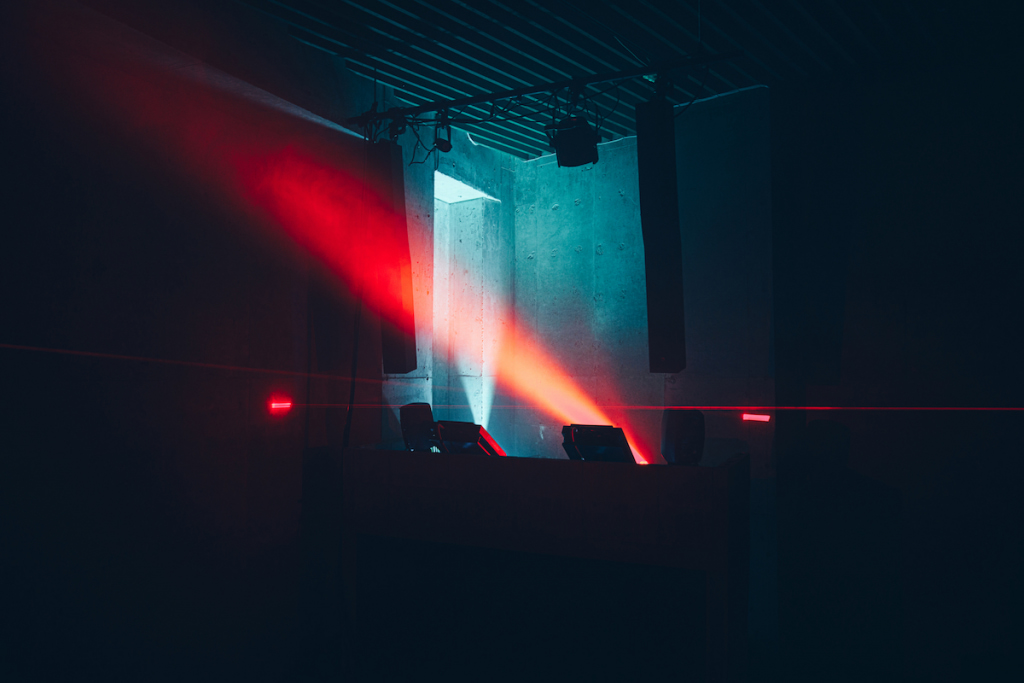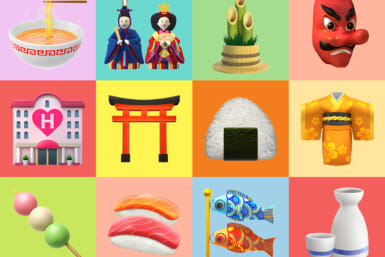On 11 March 2020, the World Health Organization declared Covid-19 a pandemic, leading many lifestyles to be overturned. Unlike several countries, Japan didn’t impose strict lockdowns on its citizens. However, it did declare several states of emergency which included limits to serving alcohol, limits on capacity and shorter business hours at restaurants, bars and clubs. The music industry was one of the hardest hit.
As clubs rely on money from the bar (promoters often keep the ticket price) and usually open after 8pm, many struggled. Music community members subsequently turned to novel ways to keep Tokyo’s club culture alive.
As the capital lifts its latest blanket of restrictions – rumored to be its last – we spoke to members from around the city to hear about how they coped and what changes they think will endure the test of time.
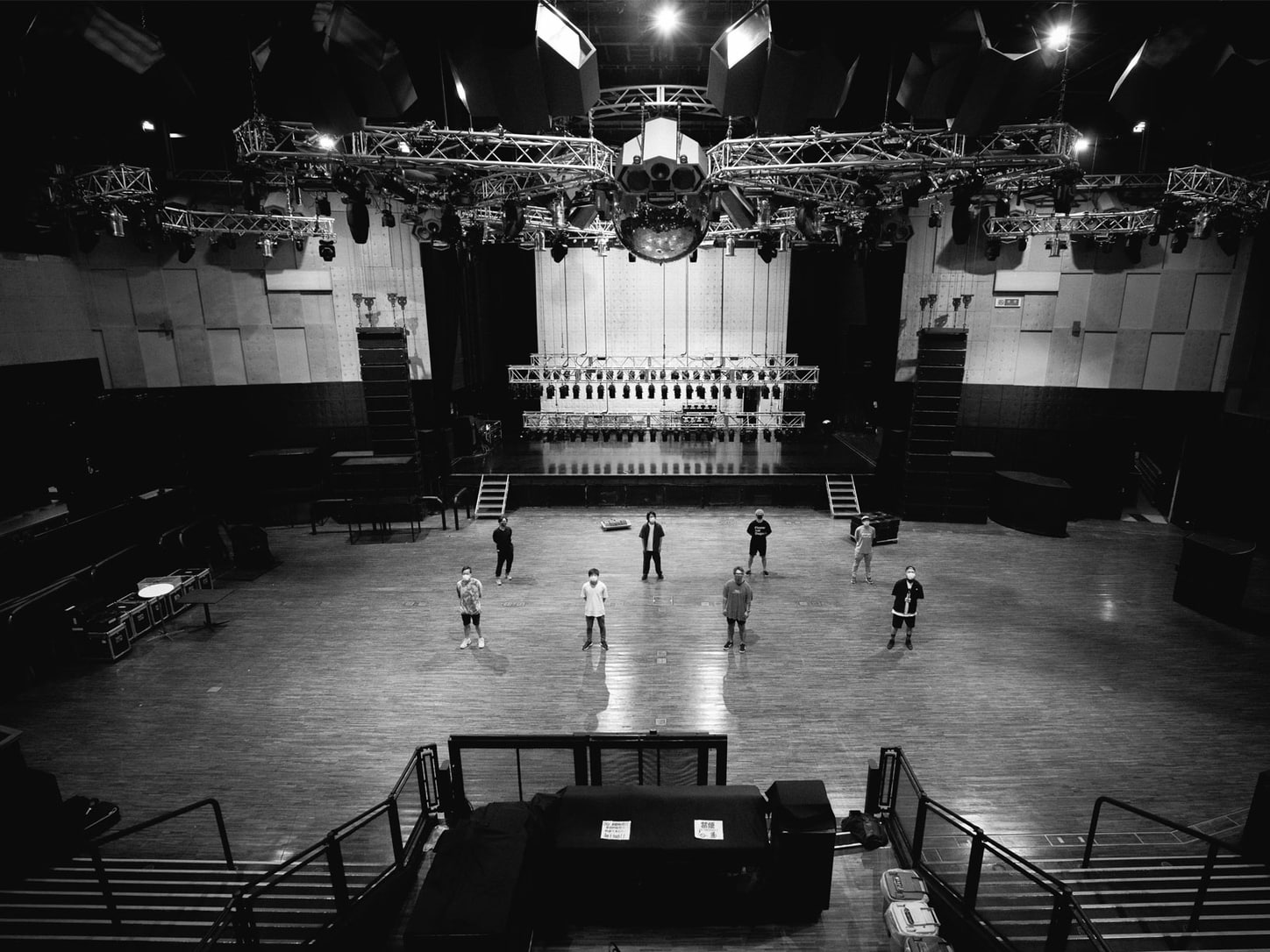
Photo by Ryoko Ogawa
Has it paid off?
First off, we spoke to Yellowuhuru (stylized as YELLOWUHURU), who runs bookings at Spread in Shimokitazawa. The club opened in 2020, just after the first State of Emergency finished. He made an interesting point about changes within the music scene that clubbers have enjoyed.
“There has been an increase in music with fast BPM (beats per minute),” he says. “I believe this is due to the explosion from being stuck inside.”
He also spoke about logistical restrictions stemming from when Japan closed its borders back in 2020: “I think the change in not allowing foreign artists to come was significant, for better or worse.”
This change directly affected Melting Bot‘s S.Kaiho, a promoter formerly based predominantly at the live venue WWW, known for booking artists from around the world including Klein from the UK and DJ Nigga Fox from Portugal. When the pandemic hit, events had to be canceled.
“It was very stressful,” he says. “I was unable to hold club events and finally, in order to get out of this helpless situation, I became a freelance promoter.”
S.Kaiho now works at Spread and maintains a close relationship with WWW. He is trying to keep a positive outlook.
“I have been inspired in a way that I have never been before as I interact with a new generation,” he says.
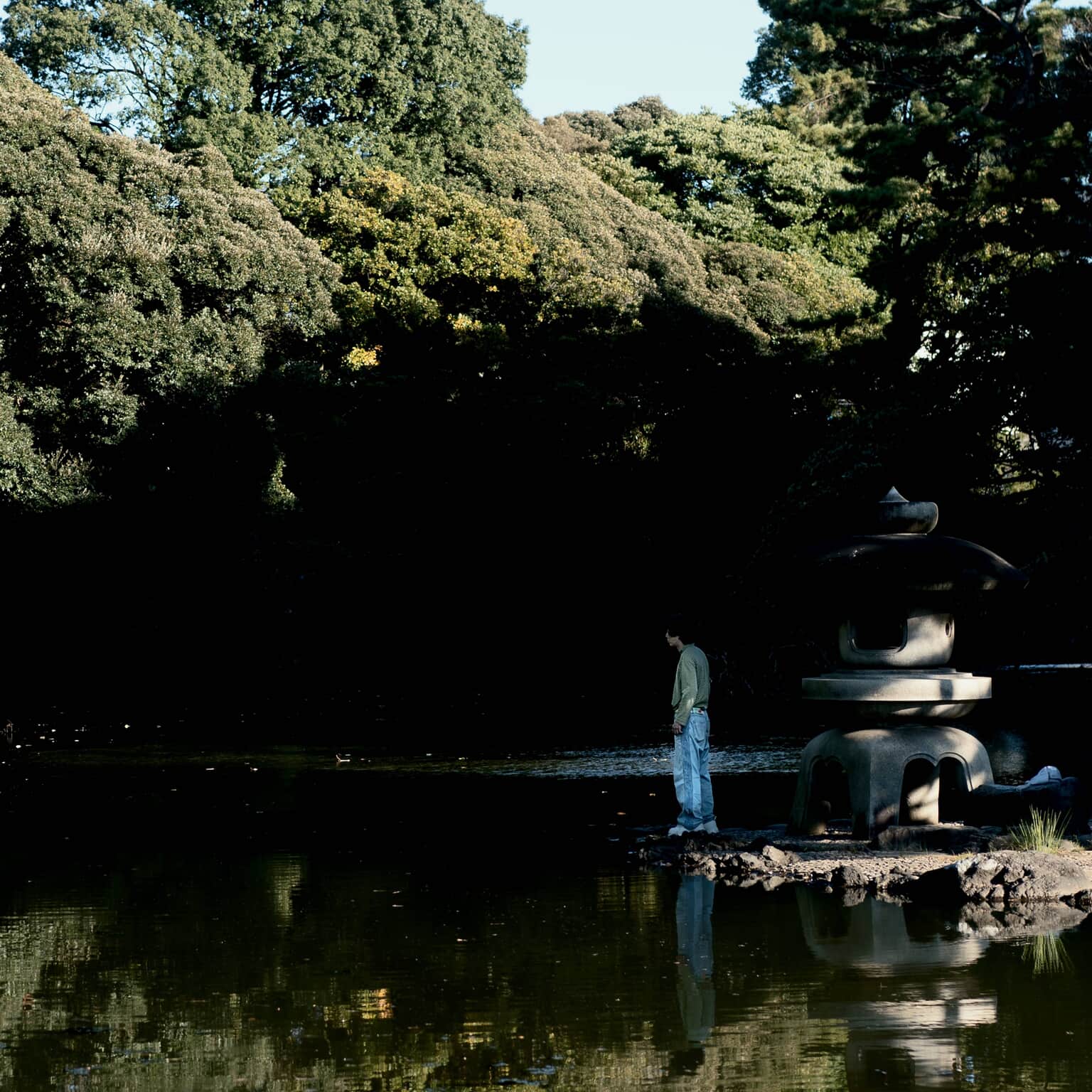
How do we survive?
For Spread, adapting meant bringing forward what had originally been a long-term plan: to host live events as well as club nights. According to Yellowuhuru, the gamble has paid off.
“The cost of equipment was a challenge, but it has also been a positive change.” He added that they now have live artists who perform regularly at the club. Currently, Spread has live events on weekdays and club nights on the weekend.
As clubs and promoters faced more and more rounds of restrictions with no income, the issue became seemingly impossible. How could they hold events without people? Luckily, a startup called Zaiko had the answer.
“We proposed artists who had to cancel real live events to stream their shows instead of canceling them completely. These shows were then a huge success,” says Hidemi Takeuchi, Director of Growth and Content at the company.
Zaiko proposed a new model of paid-for live streaming. Even though customers couldn’t attend in person due to the restrictions, promoters and artists could still generate income.
The live-streaming idea was a resounding success. And while Zaiko originally began as an e-ticketing company, it started a live streaming platform on top of e-ticketing, currently preferring to market itself as a ‘digital event and creator empowerment platform.’
The live-streaming idea led to companies such as Global Hearts, which runs clubs including DJ Bar Bridge and Contact in Shibuya, running a subscription-based live streaming service.
Grassroots promoters also took note. That included Kato Massacre (stylized as K/A/T/O Massacre) at Forestlimit, a club in Hatagaya that is now in its eighth year after 364 editions. Kato told us that whilst it requires a lot of behind-the-scenes work, it is good for people who can’t attend the parties in person.
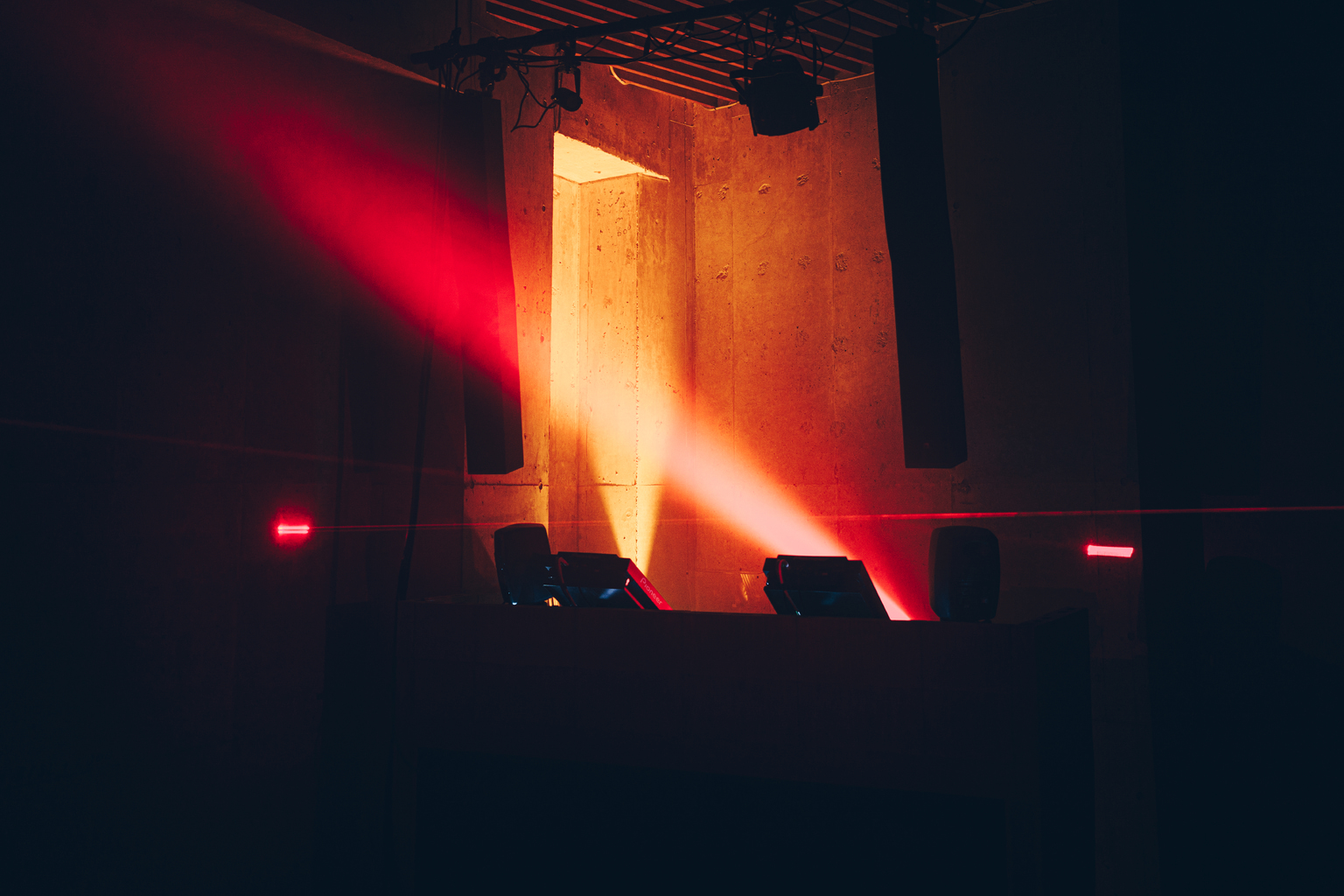
No such thing as “normal”
S.Kaiho believes it is important not to disregard new elements that have appeared as a result of the Covid pandemic.
“If we can get a good feel for the new [things], and do them well, we’ll be able to naturally return the old elements to the ecosystem of the scene and revitalize it again,” he says.
This sentiment was echoed by Yellowuhuru who added that Covid has been a learning curve in unpredictability.
“I think it is important to think about what we can do to adapt to [Covid] and how to act accordingly, while preserving the good parts of those changes,” he says.
With regards to the ‘new normal,’ Takeuchi says: “[We think] the current environment will be the ‘new normal.’ With more restrictions applied to hosting real events, we expect more creators will explore new ways to connect with fans using new technology including web3.0 and NFTs (non-fungible tokens) and will generate more opportunities for them to generate new types of revenue streams.”
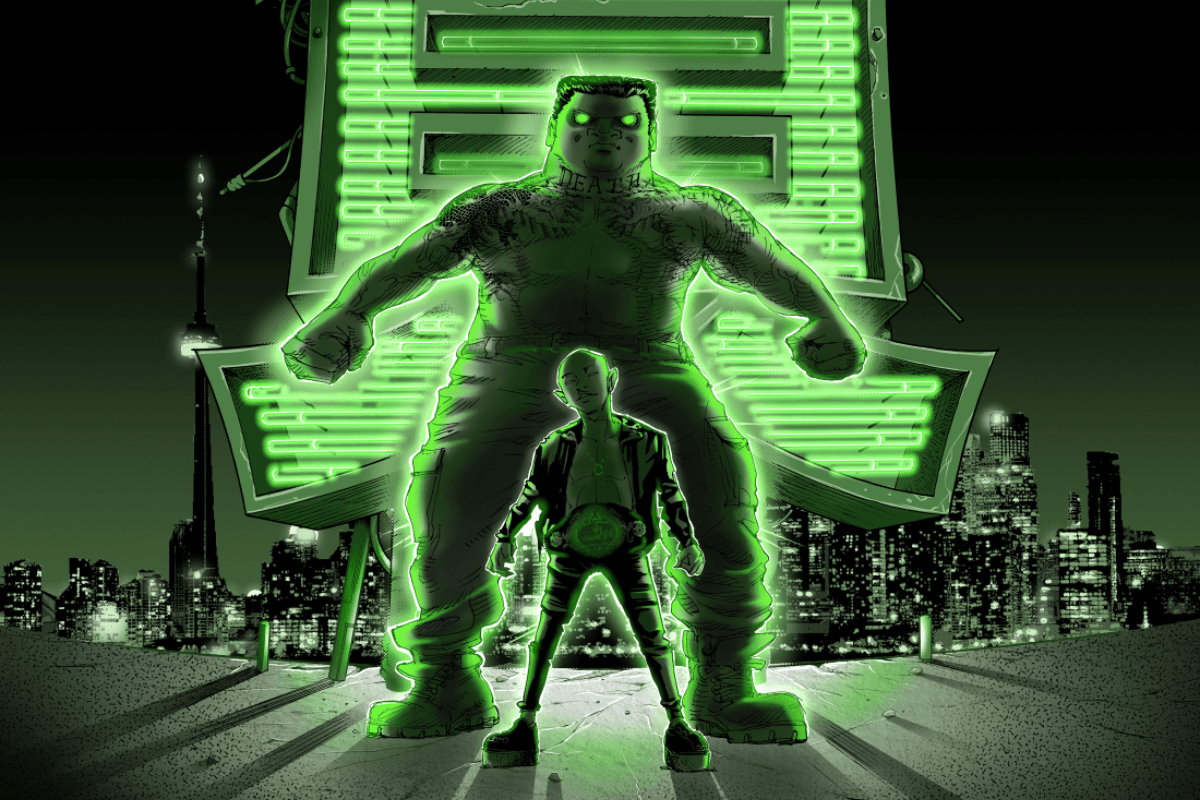
Digital art by Inoue Santa | Exhibited at CrypTOKYO III back in the fall of 2021
A search on Google for ‘Tokyo Events’ two years ago rendered only a handful of NFT results, half of them included a definition of NFT in the title and a few live streams. The same search in 2022 quickly turns up numerous NFT exhibitions and streaming events in the capital.
Kato, meanwhile, is going to continue live streaming, but he doesn’t think it’s for everyone.
“In the future, I think that parties that specialize in video, virtual and internet will be able to plan events that only streaming can offer, but I think that many parties will focus more on in-person than on streaming,” he says.
Undoubtedly, live streaming events and in-person events provide very different experiences.

